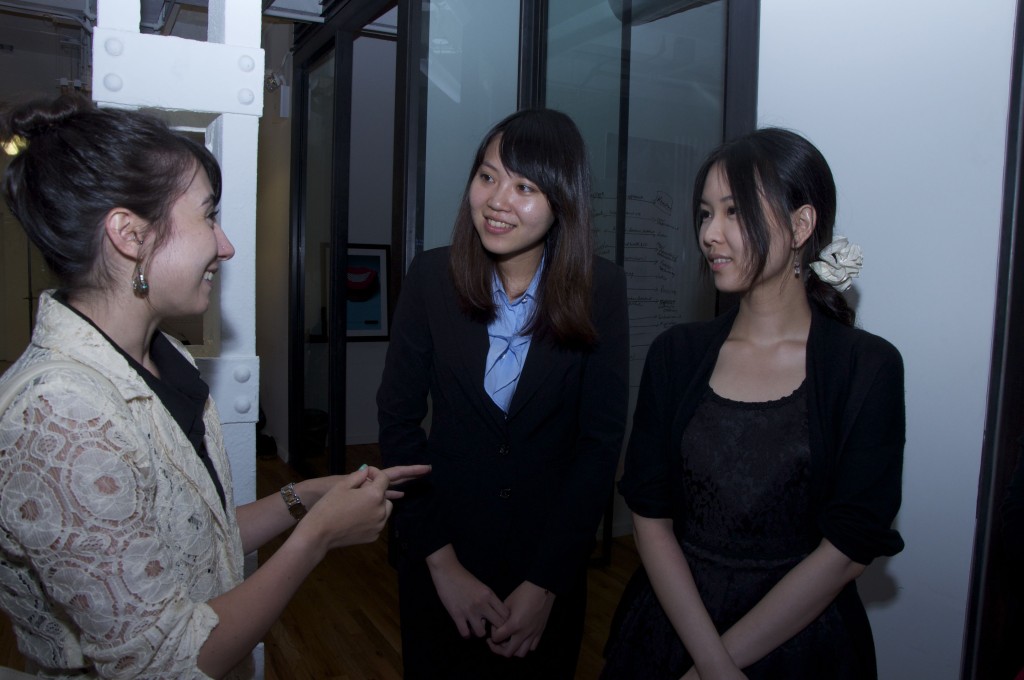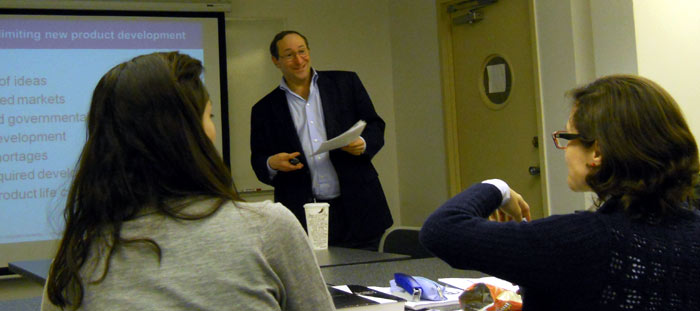President of U.S. Division of Uniqlo to Speak at Institute for Global Student Success Program in August
Company Looking to Hire Individuals with Skills Taught at IGSS

The President of the U.S. Division of Uniqlo will be participating in the Institute for Global Student Success (IGSS)’ upcoming Intensive for students to be held August 20-25 in New York City.
“We are thrilled to have such an important and impressive executive from Uniqlo, one of the hottest retailers in the world, come to discuss entrepreneurship and personally meet our enrollees and look for future stars, “says Alan Kerzner, Founder of IGSS.
“The growth of Uniqlo has created strong needs for well-rounded students who can pursue careers in the U.S. and Asia; it appears that the company is looking for students who are strong in marketing, finance, merchandising, fashion and sales. The Institute for Global Student Success has proven its ability to transform students into very marketable individuals who then perform superbly in their companies. That is why 90% of past IGSS enrollees have gained paid internships or jobs in the U.S.”, Kerzner says.
Uniqlo is a Japanese retailer that has successfully expanded into China, Taiwan, Vietnam, the United States and other countries around the world. The chain has exploded in popularity in recent years, with its low-priced casual wear attracting a following among Asia’s younger generations. It currently has more than 370 stores in 80 cities on the Chinese mainland, and plans to expand to 1,000 stores in Greater China, which also includes Hong Kong, in about five years, according to its chief executive.
For additional information on the Institute for Global Student Success, and to register for the program where you will meet executives such as the President of Uniqlo, go to http://www.globalstudentsuccess.com.





